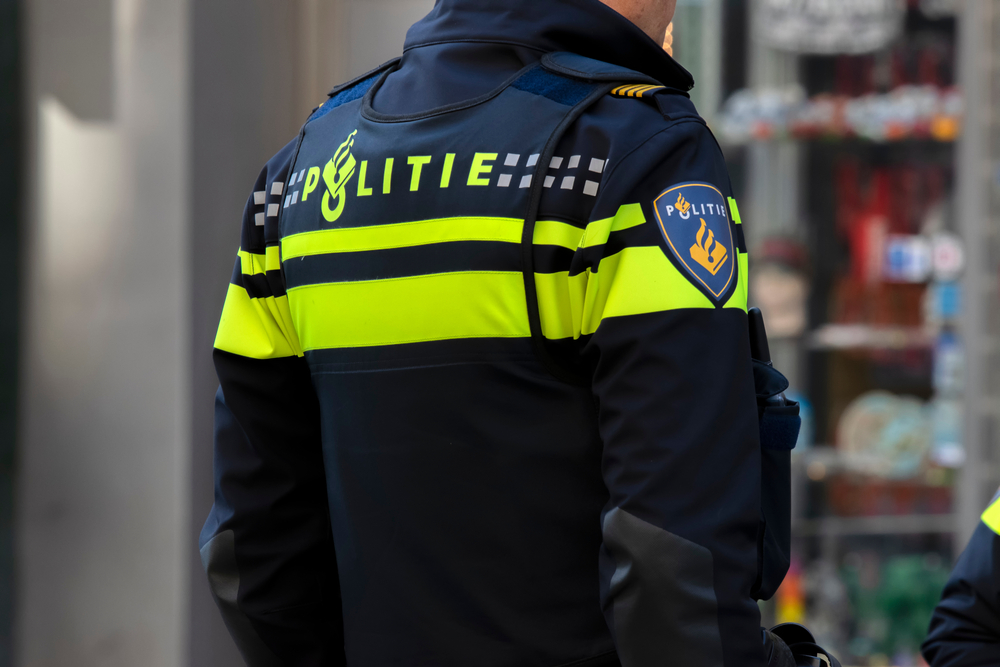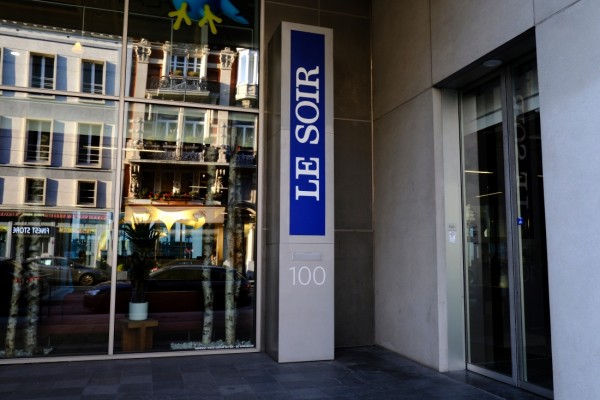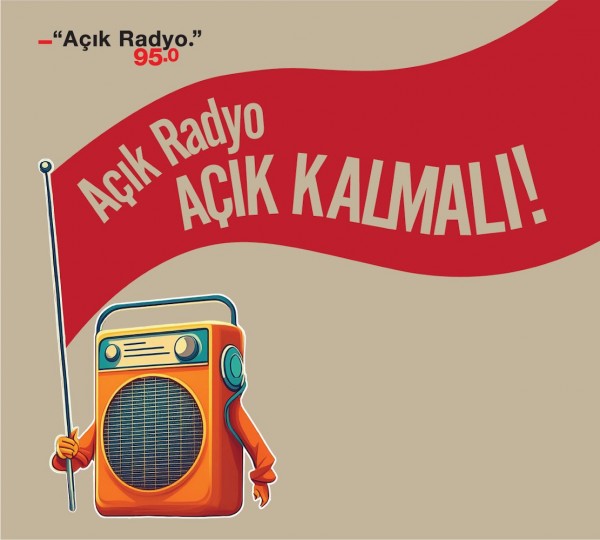The IPI global network today expresses serious concern over the arrest of three Dutch journalists this week who were covering daily Extinction Rebellion (XR) protests in The Hague. IPI urges the police to use extreme caution while interrogating or arresting journalists at protests, especially when they have press identification.
On October 13, two Dutch journalists were arrested for covering an Extinction Rebellion protest in The Hague. One was Hans Nijenhuis, the former editor-in-chief of the national newspaper Algemeen Dagblad (AD), the newspaper reported on its website. The two had been accompanying XR activists that day as part of a story on the protests.
Police intercepted the group as they were travelling in cars to the area where they planned to block a main road and arrested 25 people. Nijenhuis and his colleague, photojournalist Marco de Swart, who were with the group at the time, were taken to the police station for further investigation. De Swart’s camera equipment was confiscated.
Despite the fact that both journalists were both in possession of the press card issued by the Dutch Association of Journalists (NVJ), and told police they were there in a professional capacity, the police claimed they had to carry out an additional identity check at the station. According to the Dutch police, the two did “present themselves as journalists”. “However we wanted to confirm their identity, which happened at the office”, a police communication officer told IPI. Both were released after two hours.
On Monday, Volkskrant journalist Mac van Dinther was detained and held for four hours for covering a similar XR protest in The Hague, which was part of “The Week of Climate Rebellion’. A police officer had obstructed Van Dinther from reporting on a violent arrest, which the journalist had allegedly called “childish”. The officer then pushed Van Dinther against a police vehicle and forcibly arrested him for allegedly insulting a police officer and refusing to cooperate.
At the time he was wearing a press card around his neck, but the officer did not believe him, reportedly saying “anyone can say they are a journalist”. He was detained The Public Prosecution Service dropped the case against the journalist but continues to justify the arrest. Van Dinther was released that same evening.
“These arrests by Dutch police are a violation of journalists’ right to report on a matter of public interest”, IPI Deputy Director Scott Griffen said. “Police have a responsibility to use extreme caution while interrogating or arresting journalists at protests. All three of these arrests appear to have been unjustified. It is also concerning that officers refused to accept officially licensed press cards and instead hauled two journalists off the street to the police station for additional checks. When it became clear they were journalists, they should have been released immediately. Their arrests resulted in direct interference and obstruction of their reporting.”
“The arrest is very wrong”, Milen van Boldrik, Secretary of the NVJ, said of the arrests on Wednesday. “The journalists called me during the arrest and the police summoned him to end the call, but by that time I knew enough”, she told IPI.
“Journalists should be free to execute their job”, Van Boldrik continued. “They should not be taken to the police office for their identity to be checked. We give out these press cards as a proof of their identity as a journalist. We do a back-up check, and this should be enough. We see that higher officers usually understand this, but local police officers do not always take the press card seriously.” The journalists have been released and will file a complaint against the police together with the NVJ.
This statement by IPI is part of the Media Freedom Rapid Response (MFRR), a Europe-wide mechanism which tracks, monitors and responds to violations of press and media freedom in EU Member States and Candidate Countries.




